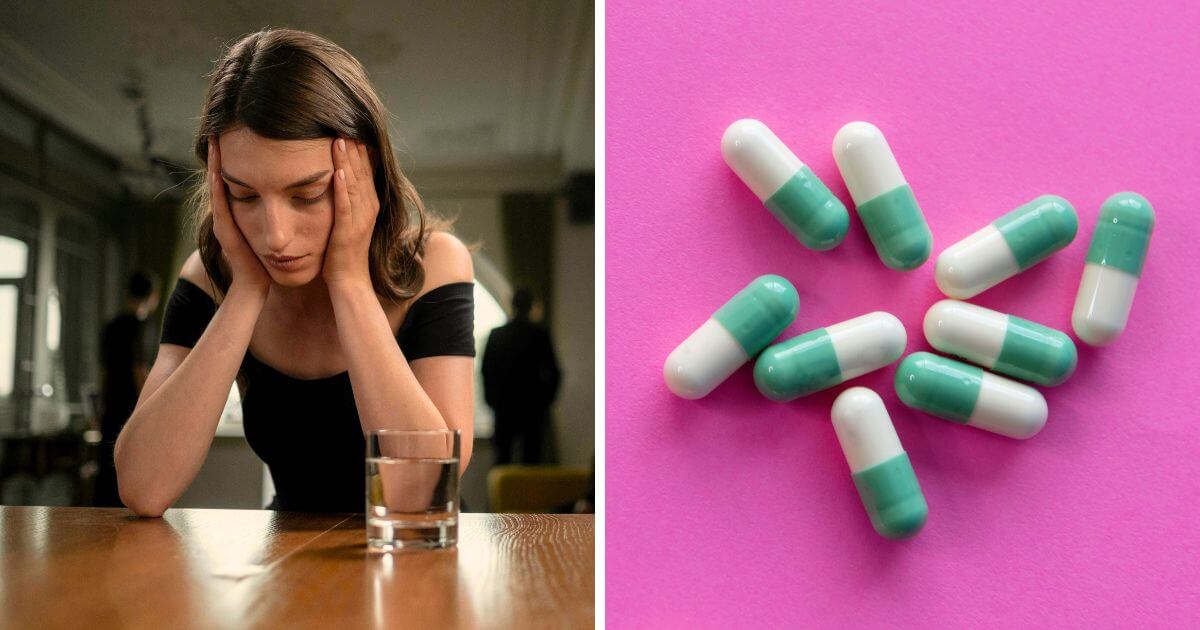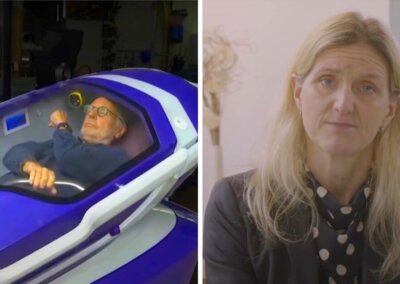Experts have warned that thousands of patients with eating disorders could qualify for assisted suicide under the criteria in the assisted suicide Bill currently passing through Parliament.
A leading eating disorder charity has criticised the “vague wording” of the proposed assisted suicide Bill saying that it would allow “scores of vulnerable young women [to] receive assistance from the NHS to kill themselves”.
As MPs are preparing to vote on Kim Leadbeater MP’s Terminally Ill Adults (End of Life) Bill published last week and subject to a vote on 29 November, the charity is warning that people with eating disorders could be eligible for assisted suicide under the terms of the Bill.
Eat Breathe Thrive, a leading eating disorder charity, criticised the “vague wording” of the Leadbeater’s Bill, which, it said, could mean conditions such as anorexia and bulimia would qualify as terminal.
Yesterday, Chelsea Roff, the founder of Eat Breathe Thrive said “People with eating disorders already struggle to get timely access to the care they need”.
“Sometimes they are even told by treatment providers they are unlikely to recover. There is so much more the NHS could be doing to support patients. This law would do the opposite”.
“Time and again, similar eligibility criteria to those being proposed have seen patients with severe anorexia nervosa qualify for an assisted death. The same would happen here”.
“The heartbreaking reality is that if this bill becomes law, scores of vulnerable young women could receive assistance from the NHS to kill themselves”.
At least 60 patients with eating disorders have died through assisted suicide or euthanasia
According to the Times, experts say that people with eating disorders could be eligible for assisted suicide if they are deemed terminally ill and, in the absence of medical treatment such as nutrition drips being provided, death was foreseeable in six months.
Roff previously published a study that identified “at least 60 patients with EDs who underwent assisted dying between 2012 and 2024” in countries with assisted suicide and/or euthanasia.
She warned that due to regulations in place to protect doctor and patient confidentiality, data on assisted suicide and euthanasia can be difficult to come by so the real number of cases where people are ending their lives for eating disorders could be far higher.
According to the Oregon Health Authority (2021), anorexia is listed as one of the “underlying illnesses” of people who ended their lives by assisted suicide in Oregon, though the precise number of people who ended their lives with this underlying illness is unknown.
Spokesperson for Right To Life UK, Catherine Robinson, said “Our culture should not be facilitating and encouraging suicide for a certain segment of the population or introducing legislation that will unintentionally permit assistance in suicide for people with eating disorders. Instead, we should do all we can to provide assistance to live, not to die. This Bill is a disaster in waiting.”












